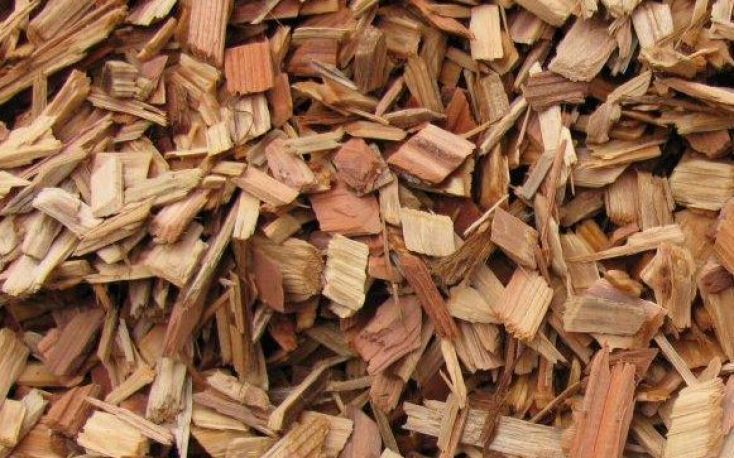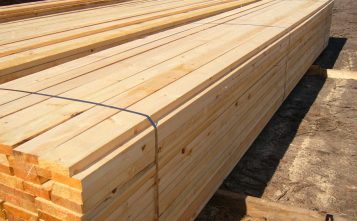Hardwood chip exports from Australia fell 14% from 2018 to 2019, the first y-o-y decline since 2012. Total exports equaled 5.7 million odmt, of which 63% was destined for China. Shipments in 2020 have continued to slide, with volumes during the first nine months being 38% lower than during the same period in 2019. In the 3Q/20, the estimated export volume reached its lowest level in almost seven years.
Australia's wood chip exports to pulpmills in China and Japan fell by 61% from their record-high levels in the 4Q/18 to the 3Q/20, and Australia's share of total imports to the two countries declined from about 35% to 12% over the same period. Vietnam has increased its market share to almost 60% in the third quarter this year, the highest level in more than a decade. Other countries that have supplied hardwood fiber to Chinese pulpmills in 2020 include Chile, Thailand, Brazil, South Africa, Malaysia, and Canada. This group of smaller suppliers accounted for 21% of total imports in the 3Q/20, a slightly higher share than in the 3Q/19.
Not only has Australia's role in the Asian chip market diminished, market prices for the country's wood chips also declined in 2020. The average export price in the 3Q/20 was US$150/odmt, down four percent from the 3Q/19, according to Customs data. However, a weakening Australian dollar has benefited chip exporters, with prices in the local currency reaching record highs in 2020.
China has reduced importation of high-density and high-cost hardwood chips from Australia the past two years and mostly substituted that furnish with lower-density and lower-cost chips from Vietnam. The price premium for wood chips from Australia compared to Vietnam has been about $60/odmt in 2020, a doubling from five years ago.







Leave a Reply